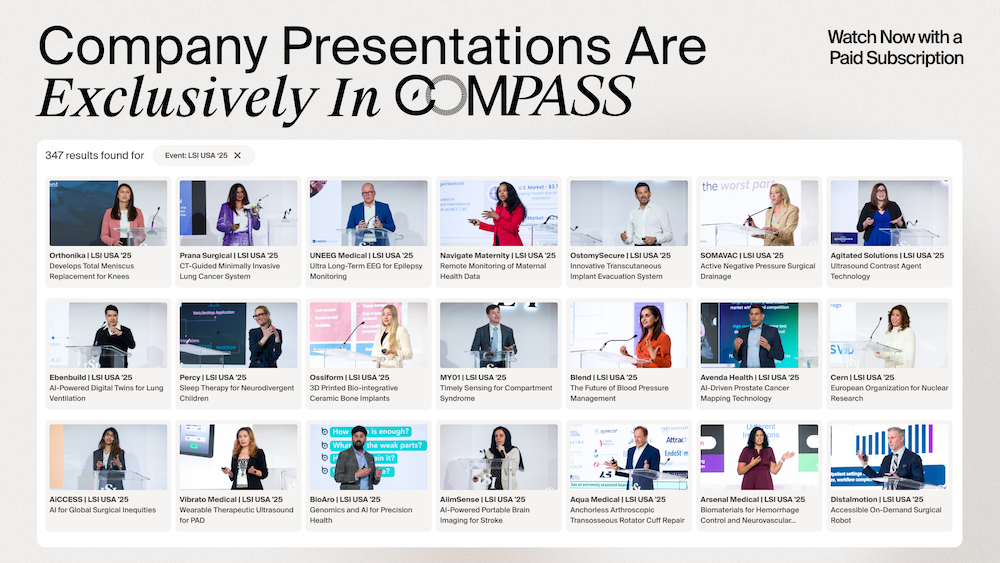- Video Library
- Dipu Ghosh Presents Hepatiq at LSI USA '23
Dipu Ghosh Presents Hepatiq at LSI USA '23
shaping the future of
Medtech at LSI USA ‘26
Waldorf Astoria, Monarch Beach

Dipu Ghosh
Mr. Ghosh has extensive product development and business experience in the medical devices industry. He invented the algorithms for automating the QLSS® technique so it can be easily used by any operator. Mr. Ghosh serves as CEO. He is also President of Syprosoft, Inc. - an engineering firm. Mr. Ghosh has an M.S. in Electrical Engineering from the University of Rochester, and an M.B.A. from Marquette University.
Dipu Ghosh
Mr. Ghosh has extensive product development and business experience in the medical devices industry. He invented the algorithms for automating the QLSS® technique so it can be easily used by any operator. Mr. Ghosh serves as CEO. He is also President of Syprosoft, Inc. - an engineering firm. Mr. Ghosh has an M.S. in Electrical Engineering from the University of Rochester, and an M.B.A. from Marquette University.

17011 Beach Blvd, Suite 500 Huntington Beach, CA 92647
714-847-3540© 2026 Life Science Intelligence, Inc., All Rights Reserved. | Privacy Policy







